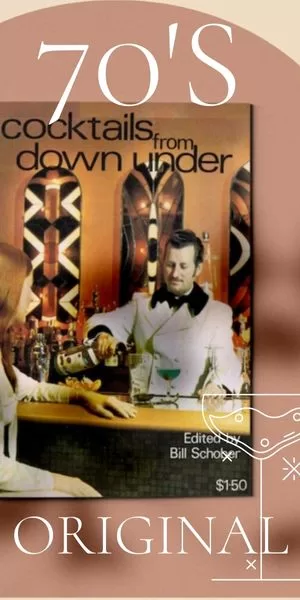● Selected by 14 Dyson engineers from across the world, the best 20 entries to the James Dyson Award have been shortlisted.
● Sustainability-focused Australian invention ‘REVR’ has made the shortlist – an electric vehicle retrofit solution, engineered with a new motor that fits easily onto the wheel of any car.
● From Spain to Singapore and Poland to the Philippines, top 20 finalist inventions range from a forest fire detection system to a rehabilitation device for patients who have undergone open heart surgery.
● Sir James Dyson will now select the global winners from this shortlist, to be announced on 15 November.
Today marks the beginning of the international stages of the 2023 James Dyson Award, a global engineering award that calls on students and recent graduates to create a design that solves a problem. The global shortlist of 20 pioneering inventions is announced today, with all inventors in with the chance to become a global winner and receive AU$50,000* to support the next stage of their invention.
Fossil fuel emissions from transport are responsible for around 8 billion tonnes of CO₂ globally every year. Australia’s shortlisted entry REVR, invented by Alexander Burton, hopes to reduce the carbon footprint of the transportation industry, which accounts for 20% of global emissions. With the added problem of electric vehicles being costly, he invented a retrofit kit that converts internal combustion engines in cars to hybrid electric, significantly decreasing the cost of greener transport. Having already achieved the national James Dyson Award 2023 title, Alexander has now been selected for the global 20 shortlist, with the potential to become a global winner with his pioneering invention.
Alexander Burton, inventor of REVR, national James Dyson Award winner 2023 and Top 20 global finalist commented:
“Climate change has highlighted how heavily we rely on cars that now need to be made electric. Replacing the entire fleet with new EVs will be too slow, too expensive and emit billions of tons of CO₂ during their manufacture. Approaching this problem with modern motor technology has led me to a new approach to retrofits which I’ve named REVR. This is a powerful electric retrofit kit that can be quickly installed in the wheels of almost any vehicle.”
Invention changes lives
Students and young engineers around the world continue to demonstrate how inquisitive minds can push the boundaries of invention and create solutions that can change lives.
Turkey’s shortlisted entry, Forest Guard 2.0, is a response to the devastating wildfires that students witnessed tear through the country in 2021 and since. The invention, created by a team from Istanbul Bilgi University, uses sensor-to-satellite technology to alert authorities at the earliest sign of a potential wildfire, hoping to vastly reduce the risk in future years.
Meanwhile, in Singapore, young inventor Ian Siew was motivated by his difficult experience recovering from open-heart surgery to create a better solution. Consulting with experts from the National University Hospital in Singapore, he created a vest-like device for post-operative rehabilitation, which improves support for the fusion of the sternum bone after surgery.
Sometimes, even the simplest ideas can have a significant global impact. In the Philippines, young entrepreneur Jeremy De Leon created Make-roscope, a simple keychain tool that turns a smartphone or tablet into a microscope. Improving access to laboratory tools for students across the world has potentially huge implications for the future generation of scientists, and the invention has already been used by over 3,000 Filipino students and teachers.
Discussing what it takes to make the shortlist, Rachael Pink, Head of Technology Development at Dyson, said:
“The inventor needs to demonstrate that they really understand how their idea will work; they need to show that they have thought about how their idea can be realised in a robust way and that it will stand up to the challenges it will face in use. Some of the best entries we saw demonstrated that they had failed along their design process, but learnt from these failures and made their designs even better.”
Deliberation powered by diversity of thought
Great ideas spring from diversity of thought and experience. The 14 Dyson engineers forming the panel for this year’s Top 20 work across Dyson R&D centres in Singapore, the UK, Malaysia and the Philippines, and specialise in engineering fields including sustainability, electronics, manufacturing, acoustics and energy storage. They were joined by undergraduates from the Dyson Institute of Engineering and Technology to share their insight, challenging conventional design processes.
The panel analysed, debated and reviewed all the national finalists and runners-up, coming together to whittle down the entries to create this year’s Top 20 shortlist.
“The James Dyson Award provides a platform for young inventors to showcase their innovative ideas on a global stage. It was refreshing to see so many inventions offering solutions ranging across medicine and sustainability,” said Hong Fei Hu, Head of Electronics at Dyson.
Freya Moore, Undergraduate Engineer at the Dyson Institute of Engineering and Technology, said: “For students, the James Dyson Award draws an exciting picture of what engineers can do. Being part of the panel allowed me to learn about real problems I may otherwise never have come across and see all the different ways to approach those challenges.”
The global winners of the competition will be announced on 15 November 2023.



